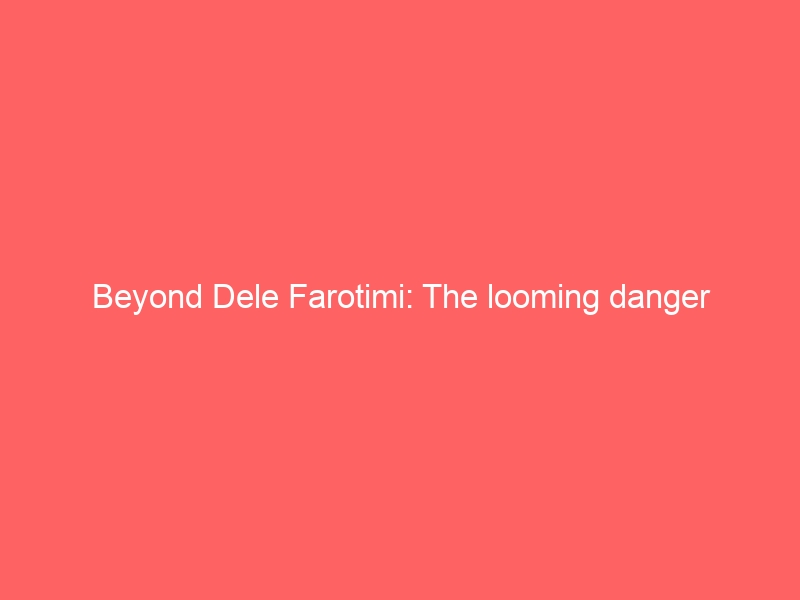By Ken Ike Okere, Ph.D
When I teach students and media practitioners the Media Law, Ethics & Professionalism course, I am often compelled to call their attention to a cankerworm that will be the death-knell of Nigerian journalism in particular and of all Nigerian media practice (whether it’s PR, Advertising, Marketing Communications, digital content production, etc.) in general. That’s the artificially created cancer called the Nigeria Cybercrime Act of 2015.
And, often, I ask the question in class: Where were we when this insidious law was passed? How come we did not notice Section 24, which addresses cyberstalking and broadly defines offenses such as sending messages that cause “annoyance” or “inconvenience” as a crime?
Yes, read that again!
Among other things, Section 24(1) criminalizes the use of a computer system or network to send a message that causes, “annoyance, inconvenience, danger, obstruction, insult, injury, criminal intimidation, enmity, hatred, ill will or needless anxiety to another.”
In other words, anyone with the necessary leverage or authority could point to ANYTHING that you publish or say, and petition the police or security services to arrest you.
Indeed, the deliberate use of vague and subjective terms like “annoyance” and “inconvenience” was bound to lead to misuse by authorities and powerful individuals to suppress dissenting opinions, investigative journalism, and activism. This broadness has made Section 24 a common tool to target individuals critical of any one in/or with authority.
You are in danger even if you cause only “needless anxiety to another”!
And the penalty? “A fine of up to ₦7 million, imprisonment for up to 3 years, or both.”
This cybercrime law, akin to the equally cruel law of Sedition, which is still in our books despite widespread condemnation by superior courts and international bodies, has been frequently used to harass and intimidate journalists and public intellectuals since it was passed in 2015.
From public reports, Dele Farotimi would likely face this law too. The journalist, Agba Jalingo, was detained for 34 days for alleged cyberstalking; four journalists from Informant247 were charged with defamation and cyberstalking after publishing reports alleging corruption at Kwara State Polytechnic; Daniel Ojukwu, a journalist from the Foundation for Investigative Journalism, was detained for days under the law after exposing alleged government corruption. This is just to mention a few. A cursory research will show you the plethora of threats and dangers journalists and public intellectuals have faced with this law across the entire country.
Yet, the ECOWAS Court of Justice has also ruled that Section 24 is inconsistent with international standards for freedom of expression, urging Nigeria to revise it to prevent misuse.
As we were bending over backwards to pass this retrogressive law in 2015, in that same year the Supreme Court of India struck down their own Section 66A of the IT Act (2000), which criminalized sending “offensive” or “annoying” messages online. The court ruled that those words were overly broad and violated free speech.
I usually end my class by asking my students, who are typically media practitioners, where they were when this cybercrime law was passed. How come a profession dedicated to protecting and speaking up for everyone else could not protect itself?
And I end this brief intervention by asking our plethora of media associations and unions – the NUJ, NGE, RATTAWU, NIPR, etc. – where were you when this law was passed? Is the price of freedom not eternal vigilance?
Then, the “now” question: Is it not time enough to organize lawfully and get these legal frameworks used to intimidate and suppress dissenting voices removed from our books? When would this advocacy begin?
Dele Farotimi would probably beat this rap because of his clout and mass appeal. What of the “ordinary” journalist, blogger, or content creator?
Ken Ike Okere, Ph.D (Mass Communication).
Rector, West Africa Broadcast & Media Academy (WABMA).












